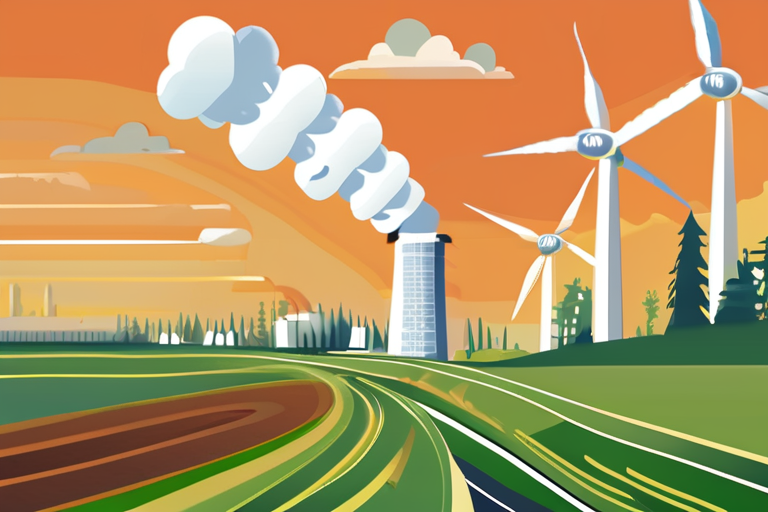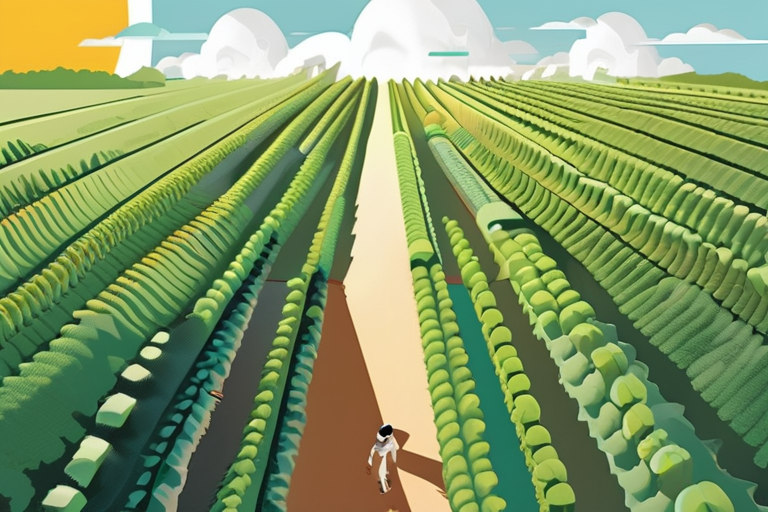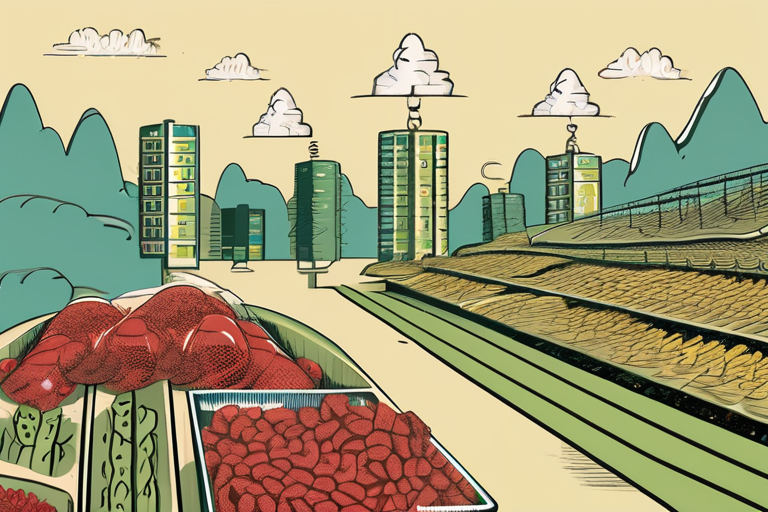Climate Transition Falls Short: Food System Remains Top Emissions Driver


Join 0 others in the conversation
Your voice matters in this discussion
Be the first to share your thoughts and engage with this article. Your perspective matters!
Discover articles from our community

 Hoppi
Hoppi

 Hoppi
Hoppi

 Hoppi
Hoppi

 Hoppi
Hoppi

 Hoppi
Hoppi

 Hoppi
Hoppi

Feeding the World Without Destroying It: Can We Meet the Challenge? The world's population is projected to reach 10 billion …

Hoppi

2025 Forbes Sustainability Leaders Summit: Premium Highlights As the world grapples with the challenges of climate change, sustainability, and technological …

Hoppi

The Rich Must Eat Less Meat: A $1 Trillion Opportunity to Save the Planet A new report by the EAT-Lancet …

Hoppi

Feeding the World Without Destroying It: The Financial Imperative The world's population is projected to reach 10 billion by 2050, …

Hoppi

BREAKING NEWS Coffee Industry on Brink of Revolutionary Shift: Tariffs, Climate Change Threaten Global Supply A major shift is underway …

Hoppi

Breaking News: Global Food System Fails to Deliver Half of Produced Calories A staggering 50% of the world's calories produced …

Hoppi